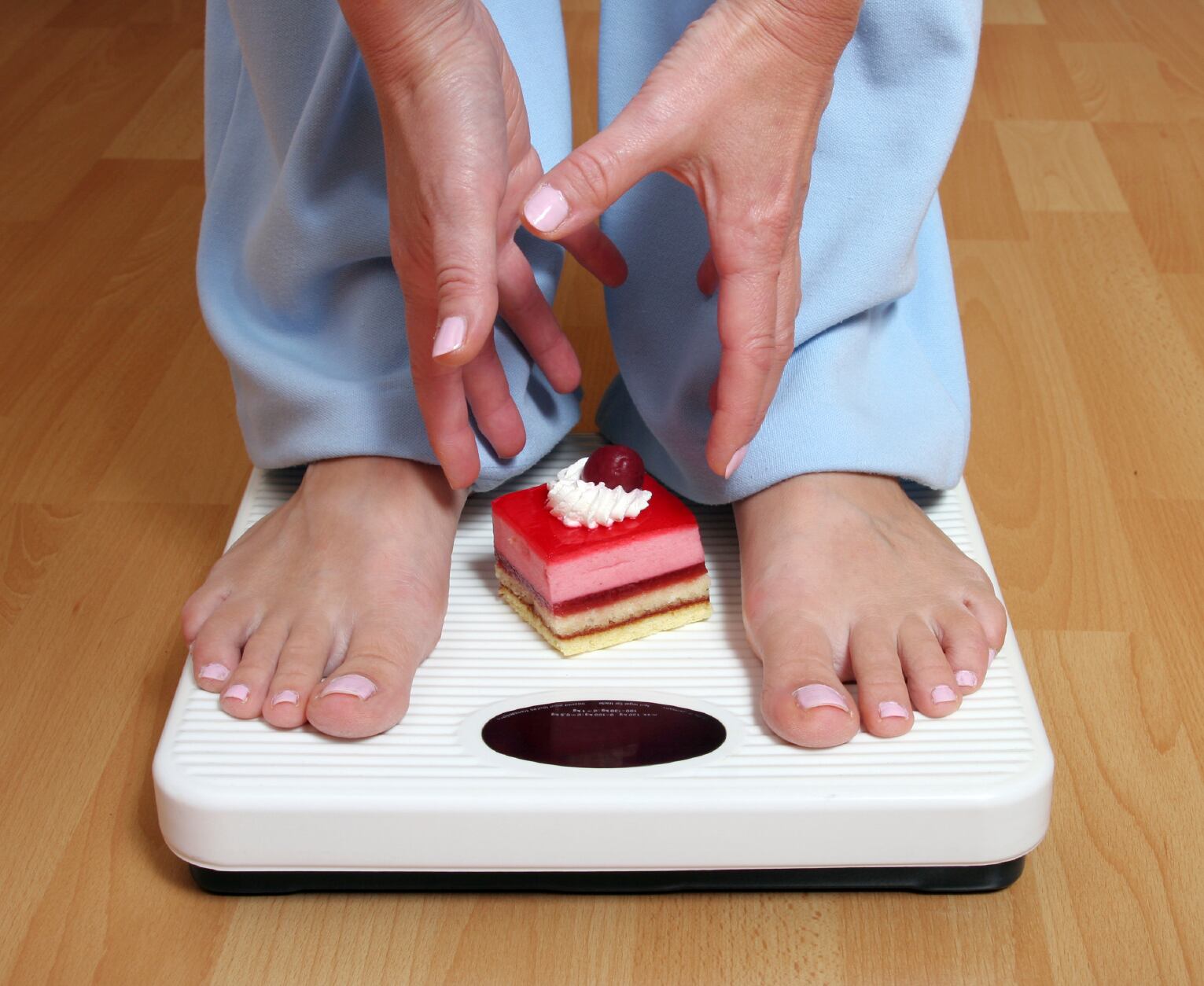The team partnered with The Rhône-Alpes Research Center for Human Nutrition to explore whether replacing sugar with artificial and natural sweeteners actually made people hungrier.
Previous studies on the topic have produced conflicting reports on their potential to increase appetite and did not provide robust evidence, researchers claimed.
However, this new double blind randomised controlled trial found that consuming food containing sweeteners produced a similar reduction in appetite sensations and appetite-related hormone responses as sugary foods.
Strong evidence
Researchers said this study, which they claimed met the gold standard level of proof in scientific investigation, provided very strong evidence that sweeteners and sweetness enhancers do not negatively impact appetite and are beneficial for reducing sugar intake.
They also provided some benefits such as lowering blood sugar, which may be particularly important in people at risk of developing type 2 diabetes.
Lead author Catherine Gibbons, associate professor in the University of Leeds’ School of Psychology, said: “Simply restricting sugar from foods without substitution may negatively impact its taste or increase sweet cravings, resulting in difficulties sticking to a low-sugar diet.
“Replacing sugars with sweeteners and sweetness enhancers in food products is one of the most widely used dietary and food manufacturing strategies to reduce sugar intake and improve the nutritional profile of commercial foods and beverages.”
Previous studies
Unlike the majority of previous studies, the team at the University of Leeds used food as the vehicle for which to test the effect of sweeteners on appetite. Most studies have also only compared a single sweetener – mostly aspartame – with a control, and very few studies have examined the effect of repeated daily intake of a known sweetener or sweetness enhancer in the normal diet.
Principal investigator Graham Finlayson, professor of psychobiology in the University of Leeds’ School of Psychology, added: “The use of sweeteners and sweetness enhancers has received a lot of negative attention, including high profile publications linking their consumption with impaired glycaemic response, toxicological damage to DNA and increased risk of heart attack and stroke.
“These reports contribute to the current befuddlement concerning the safety of sweeteners and sweetness enhancers among the general public and especially people at risk of metabolic diseases.
“Our study provides crucial evidence supporting the day-to-day use of sweeteners and sweetness enhancers for body weight and blood sugar control.”
Do sweeteners increase appetite?
Acute and two-week effects of Neotame, Stevia Rebaudioside M and sucrosesweetened biscuits on postprandial appetite and endocrine response in adults with overweight/obesity – a randomised crossover trial from the SWEET Consortium.
The study looked at the effects of consuming biscuits containing either sugar or two types of food sweetener – natural sugar substitute Stevia, or artificial sweetener Neotame – on 53 adult men and women with overweight or obesity.
The new trial took place at the University of Leeds and the Rhône-Alpes Research Center for Human Nutrition (CRNH-RA), France between 2021 and 2022. Participants were all aged 18 to 60, with overweight or obesity.
After consuming the biscuits, subjects were asked to rate how full they felt over several hours. Glucose and insulin levels were measured, as were ghrelin, glucagon-like peptide 1 and pancreatic polypeptide – hormones associated with the consumption of food.
The results from the two sweetener types showed no differences in appetite or endocrine responses compared to sugar, but insulin levels measured over two hours after eating were reduced, as were blood sugar levels.





